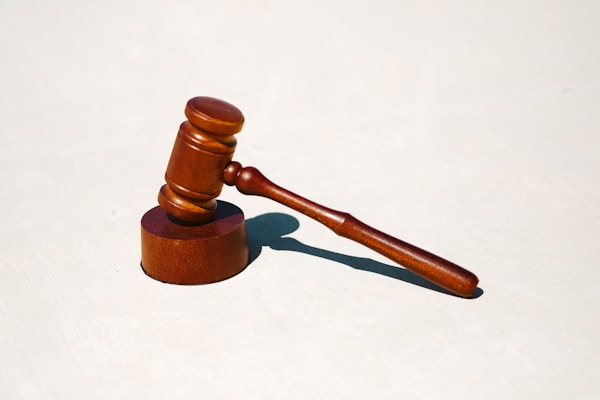No one wants to go to court, but if you have to, it’s important to be prepared. This means knowing what to expect, what to wear, and how to behave. Keep reading for a complete guide to preparing for your upcoming court date.
Hygiene

Maintaining good hygiene is important whether you are in court or not. However, when appearing in court, it is especially important to make a good impression. Here are some tips for maintaining good hygiene:
- Shower or bathe and brush your teeth and hair.
- Wear clean clothes and avoid strong colognes or perfumes. If you are a smoker and your clothes smell of weed, you may want to invest in an odor elimination solution from Smell Veil. Simply spray the deodorizer onto your clothes to remove the weed odor.
- Keep your nails clean and trimmed.
Attire

When appearing in court, you should wear clothing that is neat and conservative. You should avoid wearing anything that is flashy or provocative. Some general tips for dressing appropriately for court include solid colors and avoiding stripes or busy patterns, clothing that is clean and wrinkle-free, clothing that is not too tight or too loose, clothing that is not too revealing, shoes that are polished and neat, and a suit or dress if possible.
Behavior

When you are in court, you should always behave in a respectful manner. This means that you should not speak loudly or make any noises that could be disruptive. You should also avoid talking to others in the courtroom unless you are specifically addressing the court. If you are called to testify, you should answer the questions that are asked of you. You should also be truthful and honest. If you do not know the answer to a question, you should say so. You should not try to guess the answer.
You also need to emotionally prepare yourself for your upcoming court date. It is important to realize that going to court can be a very stressful and emotional experience, no matter what the outcome of your case may be. You may feel anxious, frustrated, angry, or scared. The best way to deal with these emotions is to acknowledge them and then try to put them aside so that you can focus on the task at hand. This will also help you to behave appropriately in court.
Research

Understanding everything about the legal process can help you prepare for your court date. For example, if you’re wondering can you be served court papers at work, doing your research ahead of time can help you be prepared for getting a possible summons any time of the day.
The court process can be confusing and overwhelming. First, the police investigate a crime and gather evidence. If they believe that there is enough evidence to support criminal charges, they will submit a report to the district attorney’s office. The district attorney then decides whether or not to file criminal charges against the defendant
If criminal charges are filed, the defendant will be arraigned in court. At this hearing, the defendant will be informed of the charges against them and will enter a plea of guilty or not guilty. The judge may also set bail and schedule future hearings at this time.
The next step is called pretrial discovery where both sides exchange information about the case. This includes witness statements, evidence, and any other relevant information. After pretrial discovery is complete, both sides may file motions with the court seeking various rulings or reliefs from the judge. These motions can include requests for dismissal of charges, suppression of evidence, and change of venue.
After all motions have been filed and decided by the court, it is time for trial. The trial consists of presenting evidence to a jury or judge who will then decide if the defendant is guilty or not guilty beyond a reasonable doubt. In some cases where there is only circumstantial evidence or no physical evidence available, defendants may choose to waive their right to trial by jury in favor of having a bench trial (trial by judge alone). If convicted, most defendants will then appeal their verdict.












